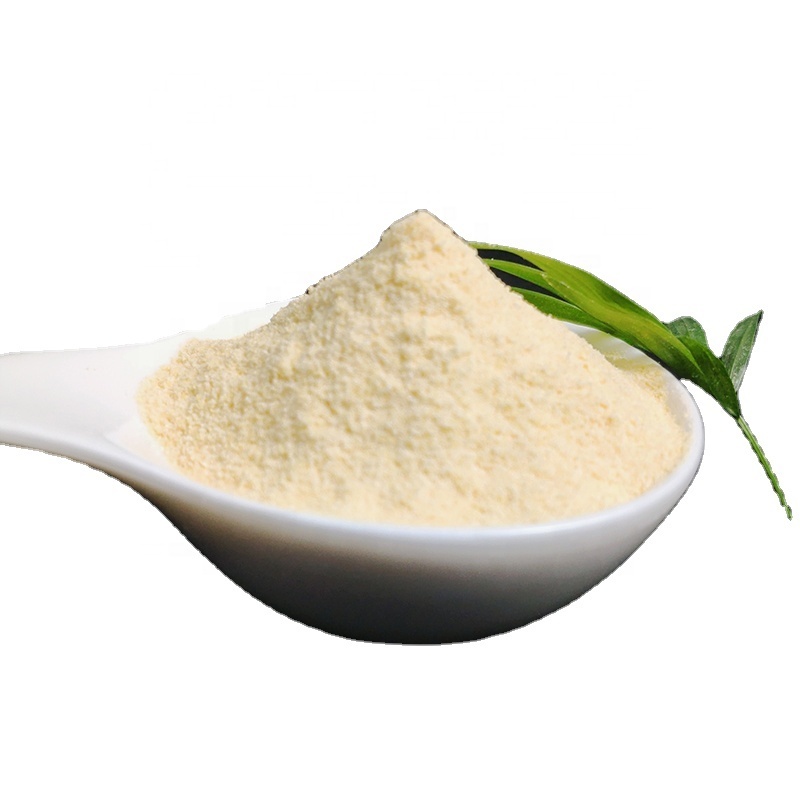-
Categories
-
Pharmaceutical Intermediates
-
Active Pharmaceutical Ingredients
-
Food Additives
- Industrial Coatings
- Agrochemicals
- Dyes and Pigments
- Surfactant
- Flavors and Fragrances
- Chemical Reagents
- Catalyst and Auxiliary
- Natural Products
- Inorganic Chemistry
-
Organic Chemistry
-
Biochemical Engineering
- Analytical Chemistry
-
Cosmetic Ingredient
- Water Treatment Chemical
-
Pharmaceutical Intermediates
Promotion
ECHEMI Mall
Wholesale
Weekly Price
Exhibition
News
-
Trade Service
On Wednesday (April 27), oil futures rose $0.
33 to settle at $105.
32 / barrel
.
Oil prices rebounded late in the session, after falling for much of the session, in part due to a stronger dollar and weakening
demand in response to a new pandemic.
But Russia's move to cut off gas supplies to the two European countries has heightened overall concerns about
tight energy supplies.
The U.
S.
Energy Information Administration (EIA) inventory report showed that gasoline inventories fell by 1.
573 million barrels and refined oil inventories fell by 1.
449 million barrels
in the week ended April 22.
Commercial crude oil, excluding strategic reserves, imported 5.
934 million b/d last week, up 97,000 b/d from the previous week; Exports fell by 549,000 b/d to 3.
721 million b/d
.
The four-week average supply of U.
S.
crude products was 19.
36 million b/d, down 1.
6%
from a year earlier.
The refined products market continues to show signs of unusually tight as the disappearance of Russian oil forces Europe and Latin America to become more dependent on the United States
.
Gasoline inventories in New England fell to their lowest level since 1991, and diesel inventories fell to their lowest level
since 1996.
COMEX diesel futures closed Wednesday at $4.
6743 a gallon, the highest since data began in 1986, and the front-month spread for diesel futures surged above
74 cents a gallon.
Brian Kessens, a portfolio manager at Tortoise, which manages about $8 billion in energy-related assets, said that if the EU imposed an embargo on Russian crude, it would make every barrel of oil on the market "more valuable to the market.
"
All else being equal, we will see a significant increase in oil prices, reaching the level of
a real oil embargo.
With Russia halting gas supplies to Poland and Bulgaria over payment disputes, Germany is taking seriously the threat of
a Russian gas cut.
Berlin will support the phased implementation of oil-targeted sanctions, rather than some of the other options already discussed, such as price caps or setting up a new payment mechanism (withholding part of Moscow's energy revenues),
according to people familiar with the matter.
The EU is currently working on a sixth sanctions package, which is expected to be negotiated by member states in the coming days
, one of the people said.
A formal proposal could be presented
as early as next week.
The EU has not yet made a final decision
on how to develop a sanctions regime targeting oil.
Claudio Galimberti, senior vice president at analyst firm Rystad, said Russia wants to pay for gas in rubles, fearing that they may soon demand to pay for oil
in rubles.
German Economy Minister Robert Habeck said in Berlin on Wednesday that Russia showed they were ready to play real and that they were ready to halt gas supplies
.
We must take it seriously, as do
other European countries.
Germany still insists that gas bills should be paid in euros or dollars, and then Gazprombank converts the funds into rubles
.
Paying in euros and dollars" is the way Europe has already come up with and how to comply with sanctions
.
My understanding is that German companies comply with contracts
.
We'll see if Gazprom understands
it that way.
German crude imports from Norway climbed to their highest level since August 2019 in February
, agency data showed.
Overall, Germany imported 6.
8 million mt of crude in February, up 24% year-on-year, but down from the previous month, with 7 million mt
imported in January.
Imports from Russia fell to 2.
43 million mt from 2.
77 million mt in January, the lowest level
since September.
Imports from Norway rose to 951,000 tonnes from 769,000
tonnes in January.
Imports from the United States fell to 829,000 mt from 972,000 mt in January, the lowest level
since October.
Russian Finance Minister Anton Siluanov said: "Russian oil production could fall by as much as 17%
this year amid international restrictions on the purchase of Russian crude.
The exact amount will depend on foreign demand
for Russian crude oil.
We now do not know which countries will refuse and which will not
.
Russia will try to steer crude oil to markets
that are still interested in buying Russian oil.
"Russia's oil production in 2021 was just over 524 million tons, equivalent to 10.
52 million barrels
per day.
If Siluanov is talking about annual production, a 17 percent drop means the country is producing about 435 million tonnes this year, or 8.
74 million barrels per day, the lowest level
in nearly 20 years.
CDU-TEK, an agency of Russia's energy ministry, calculated that the country's output in the first 19 days of April fell 8.
2 percent month-on-month to about 10.
11 million barrels
per day.







